Eagle gesture puts spotlight on Swiss Kosovar community

“Albanian eagle” goal celebrations by Swiss footballers with ethnic Albanian heritage linked to Kosovo have sparked controversy following Friday’s World Cup victory over Serbia. They have drawn attention to Albanian speakers in Switzerland, the country’s fourth-largest foreign community.
What happened?
Swiss players Granit Xhaka and Xherdan Shaqiri, who have ethnic Albanian heritage linked to Kosovo, sparked controversy in their goal celebrations during their last-gasp 2-1 victory over Serbia in the 2018 World Cup Group E clash on Friday. The pair put their open hands together to mimic the double-headed black eagle on the Albanian flag. Captain Stephan Lichtsteiner also made the gesture during the match. Serbs were unimpressed. Asked about the eagle gesture after the game, Shaqiri said: “In football you have emotions. You can see what I did. It was just emotion.” FIFA, world football’s governing body, opened an inquiry and on Monday fined Shaqiri and Xhaka CHF10,000 ($10,130) each and Lichtsteiner CHF5,000 for “unsporting behaviour contrary to the principles of fair-play”.

More
Shaqiri and Xhaka as Quantum Phenomenon
The Swiss football team has a very mixed immigration background – how many are Albanian speakers?
Of the 12 selected midfielders and forwards, ten either were born abroad or have parents who emigrated to Switzerland.
Xhaka, Shaqiri and midfielder Valon Behrami – but not Lichtsteiner – have ethnic Albanian heritage linked to Kosovo, a former Serbian province that declared independence in 2008. Serbia does not recognise that independence. A fourth Swiss player, Blerim Dzemaili, was born in Tetovo, an ethnically Albanian city on the Macedonia-Kosovo border.
Shaqiri was born in Kosovo but his family fled the war-torn country to Switzerland when he was a baby. For the Serbia match, Shaqiri wore boots with the flag of Switzerland on his left heel and the flag of Kosovo on the right. Behrami, who grew up in northern Kosovo, moved to Switzerland with his family in the 1990s. On his right calf Behrami External linkhas a tattoo of the Kosovan eagle. On his left arm are the flags of Kosovo and Switzerland. Xhaka, whose family comes from Kosovo but who was born in the Swiss city of Basel, has also been vocal on social media about his Kosovar Albanian identity.
Has politics or the ethnic diversity of the Swiss football team caused friction in the past?
In recent years, the Swiss national team has had an extremely diverse immigration background.
Both before Friday’s game and afterwards the Swiss and Serbian coaches avoided any questions or remarks about nationality or politics, insisting on the sporting spectacle.
However, the debate over the immigration background of Swiss team surfaces from time to time. In 2015, Lichtsteiner gave an interviewExternal link to Swiss journalists in which he called for a national team with the “right balance and mix”. “It’s not about having ‘real Swiss’ or ‘other Swiss’, but about a team the Swiss people can continue to identify with,” he declared. He later apologised and said his comments had been misinterpreted. On Saturday after the Serbia match, he defended the eagle gesture, blaming the pressure and provocation the Swiss players had faced. “You need to be a bit more intelligent and understand their history,” he told Le MatinExternal link newspaper.
As well as some Serbs, the eagle gestures also irritated a handful of Swiss politicians, including Natalie Rickli of the rightwing Swiss People’s Party.
“I can’t really get that happy. The two goals were not for Switzerland but for Kosovo. Should the Kosovo national team one day win, I’ll be happy for them, but at the World Cup we play and get behind Switzerland,” she wrote on Twitter.
Ich kann mich nicht wirklich freuen. Die beiden Goals sind nicht für die Schweiz gefallen, sondern für den Kosovo. Falls die Kosovo-Nati dereinst gewinnt, freue ich mich für sie, aber an der WM spielen und fänen wir für die Schweiz.🇨🇭#SERSUIExternal link
— Natalie Rickli (@NatalieRickli) June 22, 2018External link
How many Albanian speakers live in Switzerland?
The Federal Statistical OfficeExternal link says in 2016 there were around 260,000 Albanian speakers in Switzerland, which has a population of 8.4 million. The diverse populations from Kosovo, Macedonia, Albania, Serbia and Montenegro form the fourth-largest foreign community, behind Italians, Germans and Portuguese.
Bashkim Iseni, editor-in-chief of Albininfo.chExternal link, which publishes news and information for the Albanian community in Switzerland, said the eagle gesture is common and a positive symbol of identity and freedom, linked to the idea of “taking off”, but it contains no violence. “It is used in folklore dances,” he told 20 Minutes.chExternal link. “Recreating the eagle with your hands is the same thing as for Brazilians who dance the samba after a goal.”
What’s the history of immigration to Switzerland by Albanian speakers?
Migration of Kosovars and other Albanian speakers from the southern Balkans to Switzerland dates back to the mid-1960s when the first waves of seasonal workers arrived, followed by their families in the 1980s.
From the end of the 1980s and throughout the 1990s the worsening political situation in the Balkans led to an influx of thousands of asylum seekers from the former Yugoslavia, peaking at 30,000 in 1999.
According to the State Secretariat for MigrationExternal link, most asylum-seekers from Kosovo returned home after the conflict and the resident population is now mostly composed of former seasonal workers, their close family members and descendants who were born or raised in Switzerland. Several thousand still arrive every year from Kosovo as part of immigrants’ rights to bring their families with them.

More
Why do ethnic Albanians do the double-headed eagle?

In compliance with the JTI standards
More: SWI swissinfo.ch certified by the Journalism Trust Initiative









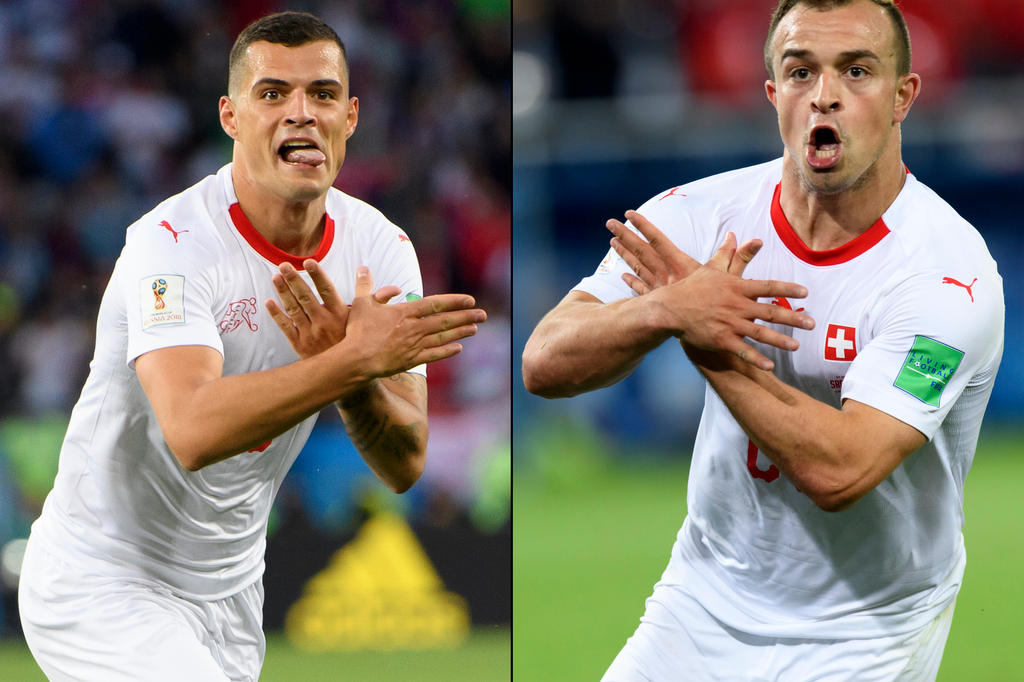
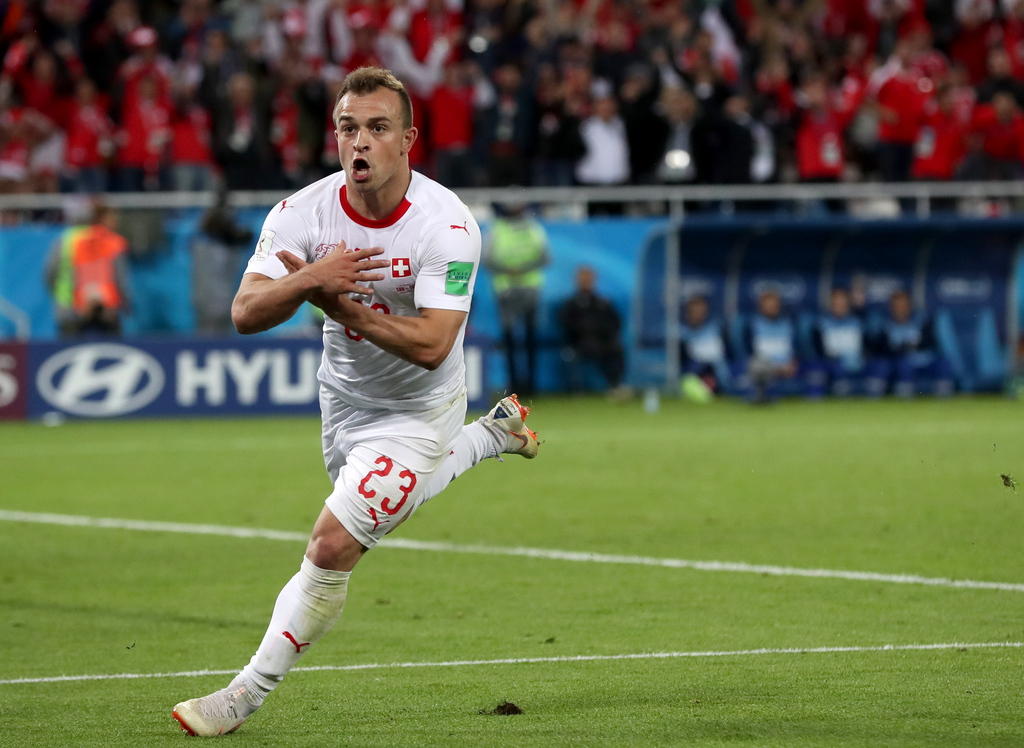
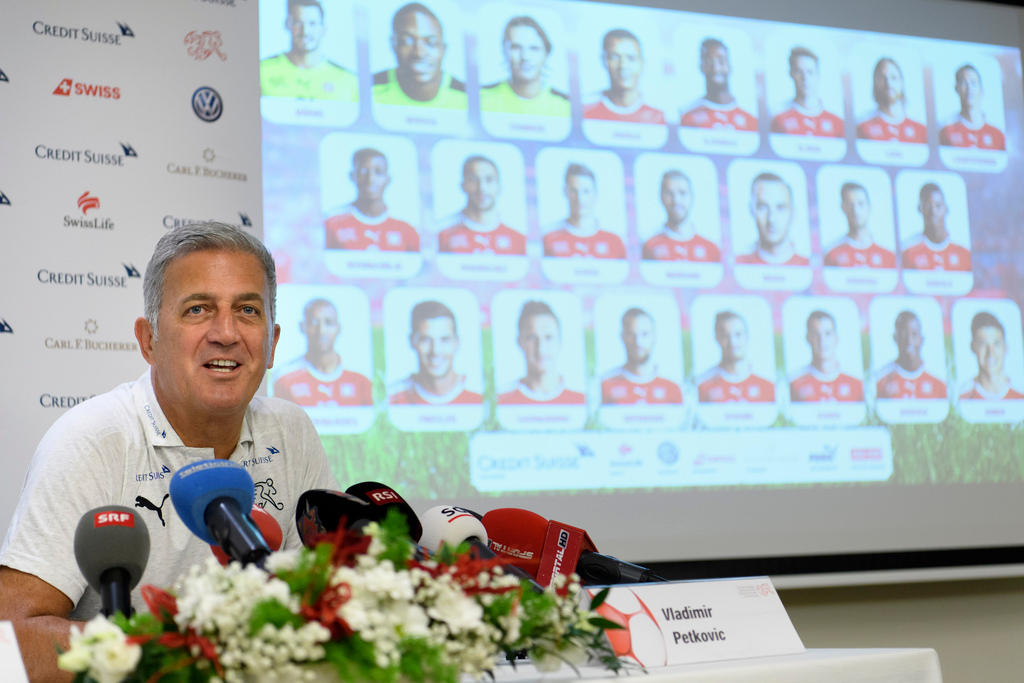
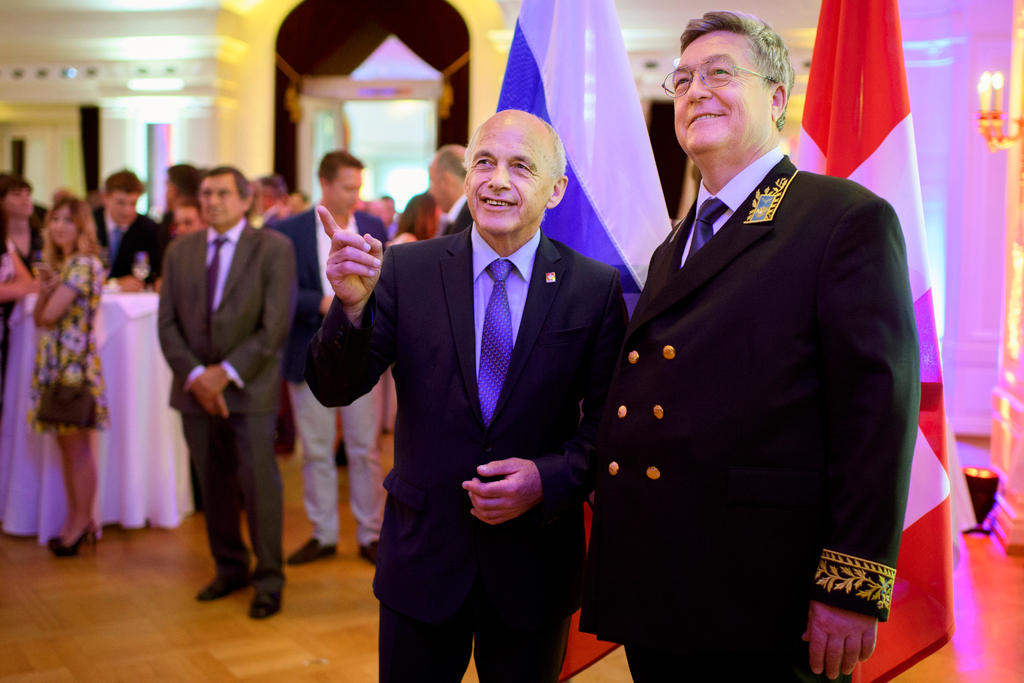
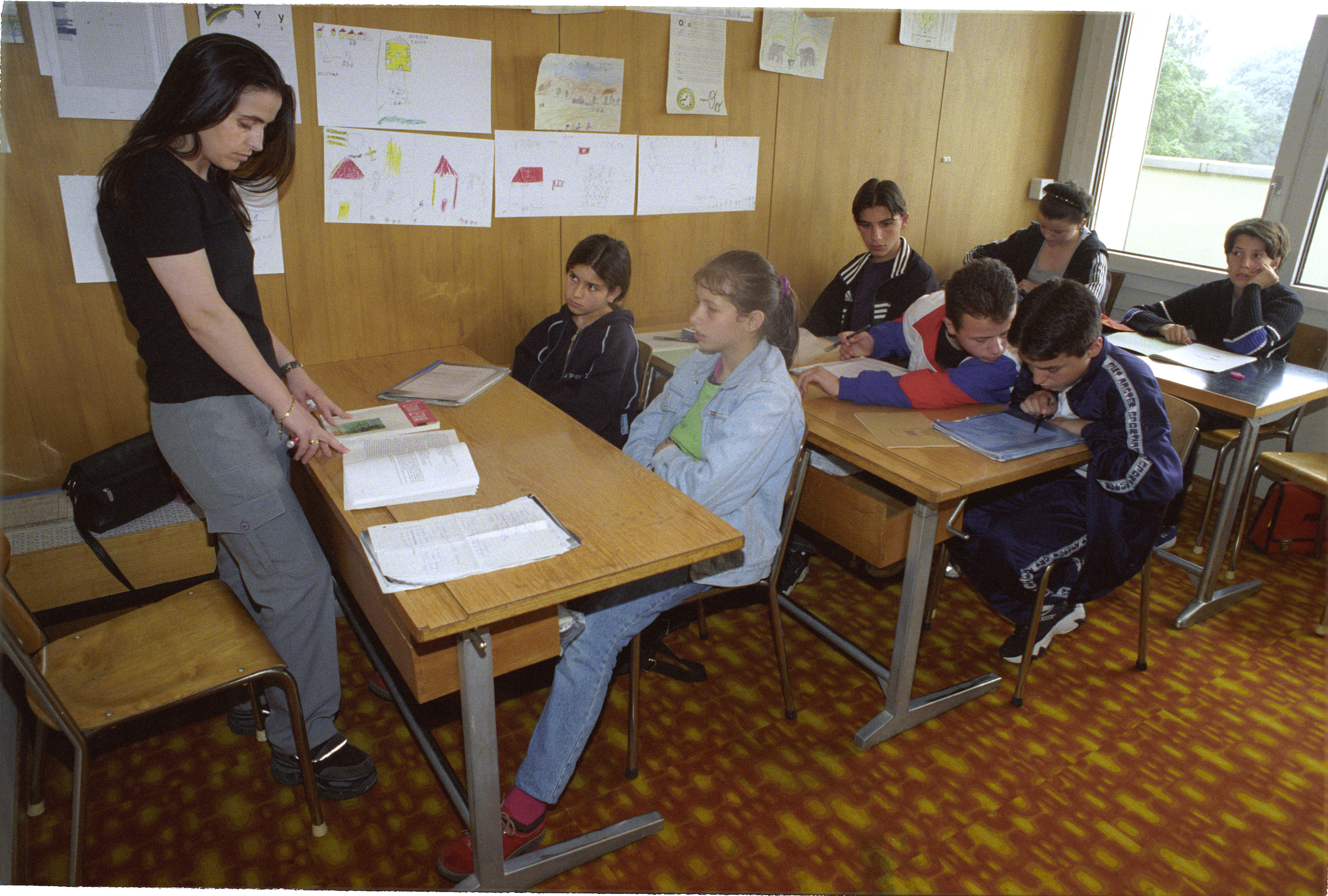
You can find an overview of ongoing debates with our journalists here . Please join us!
If you want to start a conversation about a topic raised in this article or want to report factual errors, email us at english@swissinfo.ch.